Summaries of books about Philosophy:

Existentialism Is a Humanism
Jean-Paul Sartre
The book presents a lecture given by Sartre in which he defends existentialism against various criticisms, outlining its key tenets such as the centrality of individual choice, the absence of a predetermined essence for humanity, and the responsibility that comes with absolute freedom. Sartre emphasizes the existentialist belief that humans define their own meaning in life through their actions and choices, rejecting deterministic constraints.
See full summary
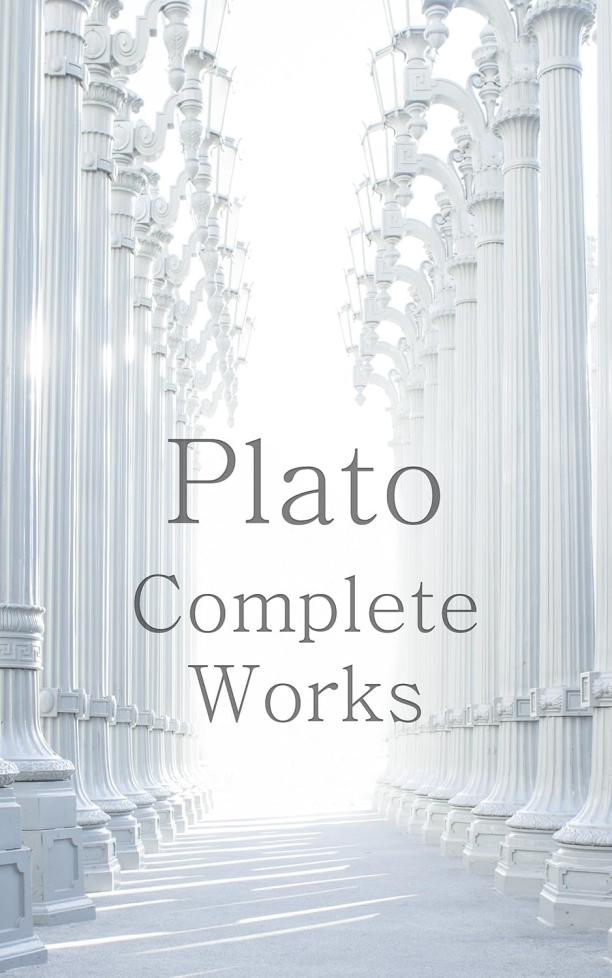
Plato
The Complete Works (Illustrated)
Plato
The collection encompasses the entirety of Plato's philosophical writings, including dialogues and letters, which cover topics such as ethics, politics, metaphysics, and epistemology. It features Socratic dialogues, the Republic, the Symposium, and other foundational texts of Western philosophy, all translated and illustrated for comprehensive understanding.
See full summary
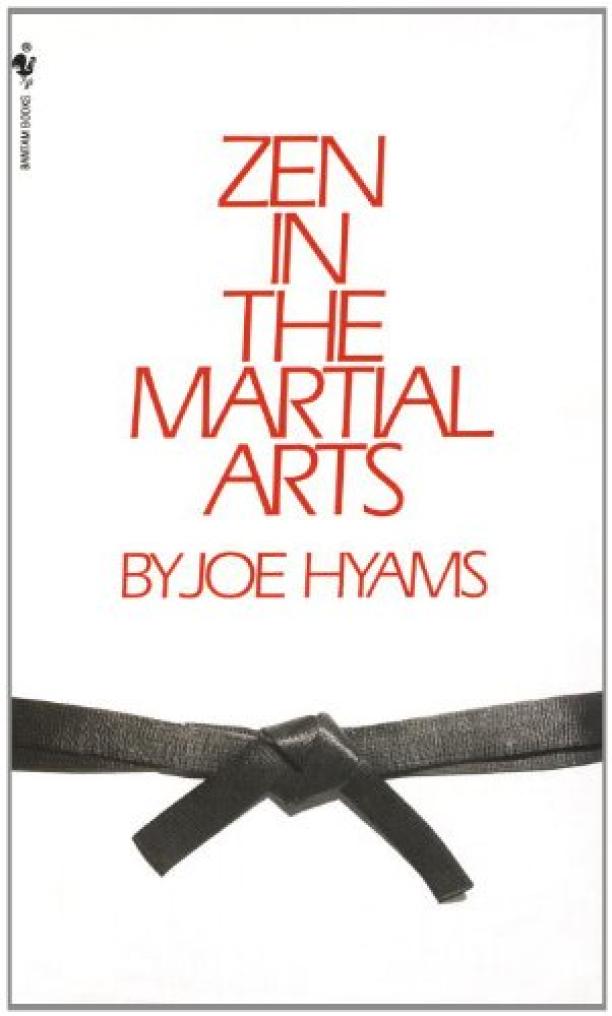
Zen in the Martial Arts
Joe Hyams
The book offers a blend of personal anecdotes and philosophical insights, illustrating how the principles of Zen Buddhism can be applied to martial arts training for mental discipline, emotional balance, and heightened awareness. It provides practical lessons on self-mastery, patience, and the interconnectedness of mind and body, drawn from the author's experiences with martial arts legends like Bruce Lee and Ed Parker.
See full summary
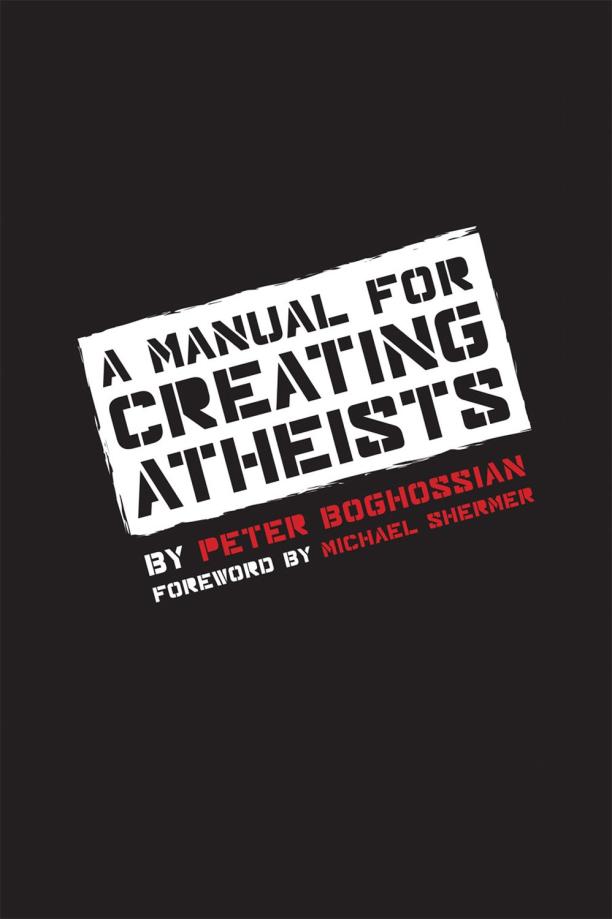
A Manual for Creating Atheists
Peter Boghossian
The book provides a guide for engaging in conversations with religious believers to encourage critical thinking and skepticism about their faith-based claims. It introduces the concept of "street epistemology," a method of dialogue that helps people reflect on the reasons for their beliefs and assess their validity.
See full summary
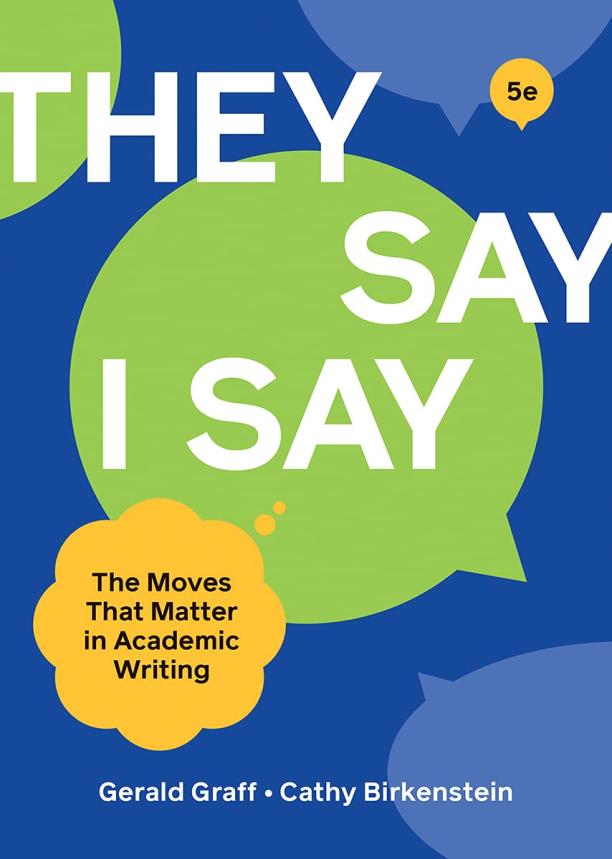
"They Say / I Say"
Gerald Graff|Cathy Birkenstein
The book provides a practical guide to academic writing, focusing on the art of crafting arguments and effectively incorporating the ideas of others through templates and rhetorical strategies. It emphasizes the conversational nature of writing by teaching students how to engage with texts and anticipate counterarguments.
See full summary
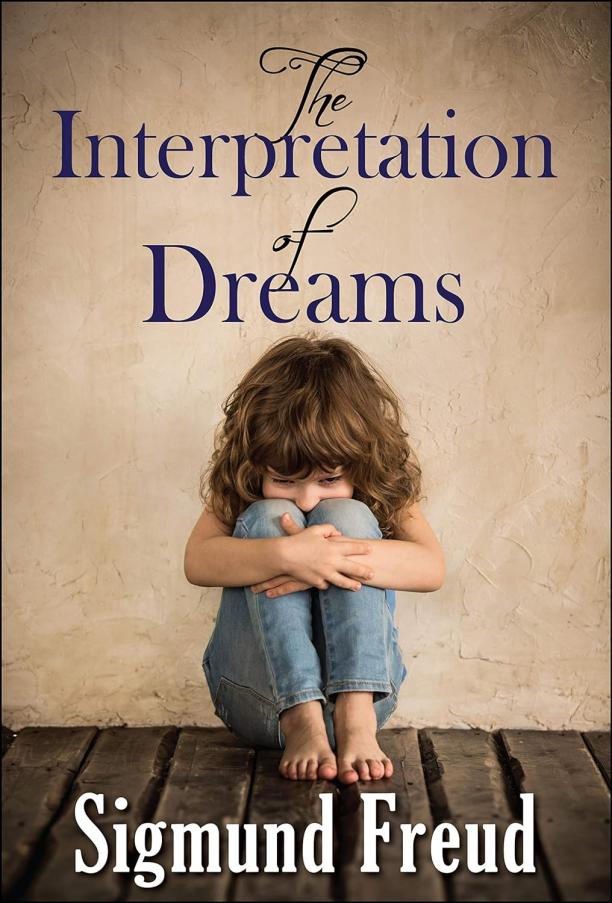
The Interpretation of Dreams
Sigmund Freud
The book introduces the theory that dreams are a manifestation of unconscious desires, fears, and conflicts. It outlines Freud's method of psychoanalytic dream interpretation, which involves the analysis of dream symbols and the exploration of latent content behind manifest dream images.
See full summary
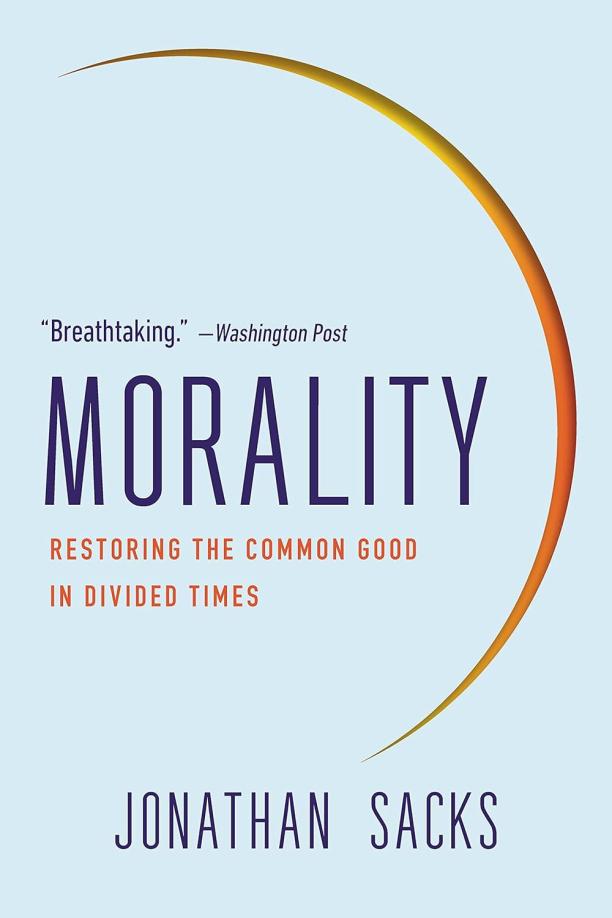
Morality
Restoring the Common Good in Divided Times
Jonathan Sacks
The book explores the breakdown of moral discourse in modern societies, arguing that a return to shared ethical principles is essential for community and societal cohesion. It examines the role of morality in various aspects of life, including politics, economics, and personal relationships, advocating for a balance between individual freedom and collective responsibility.
See full summary
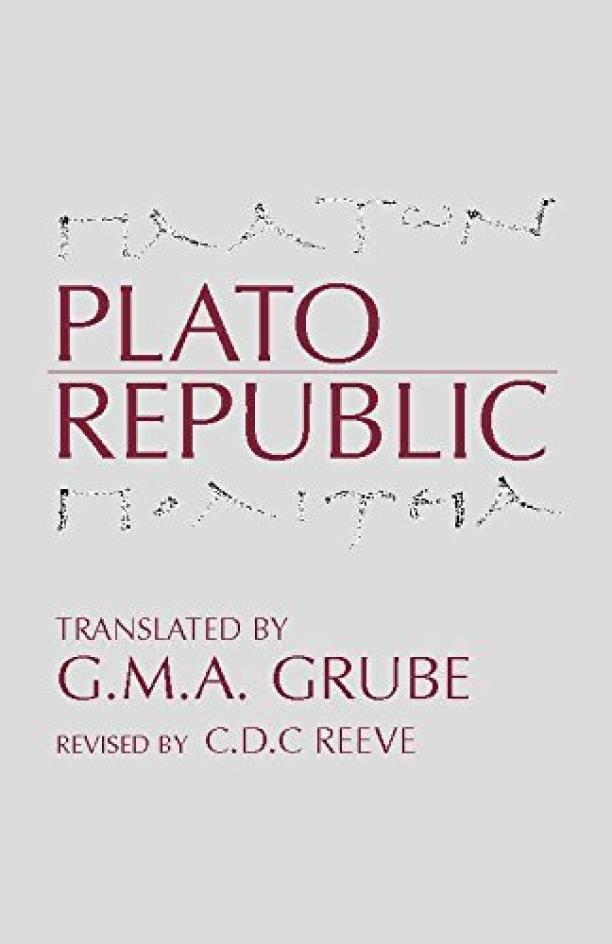
Republic
Plato
The book is a philosophical dialogue concerning justice, the order and character of the just city-state, and the just man. It explores various philosophical themes, including the theory of forms, the immortality of the soul, and the role of philosophers in society.
See full summary
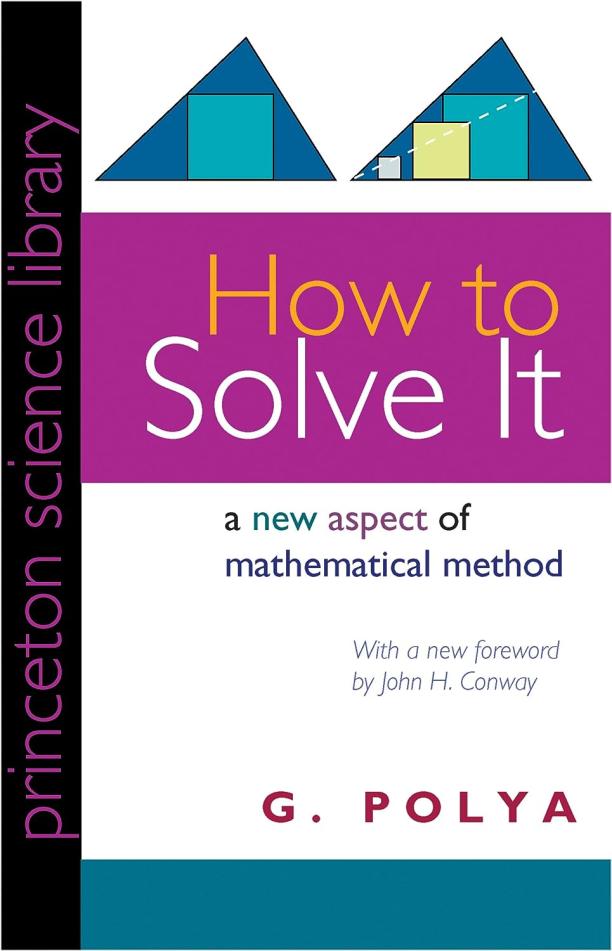
How to Solve It
A New Aspect of Mathematical Method
G. Polya
The book presents a systematic approach to solving mathematical problems through a set of heuristics and strategies, encouraging readers to develop a deeper understanding of mathematics by teaching them to think like mathematicians. It outlines four basic principles of problem-solving—understanding the problem, devising a plan, carrying out the plan, and looking back—which can be applied to a wide range of mathematical challenges.
See full summary
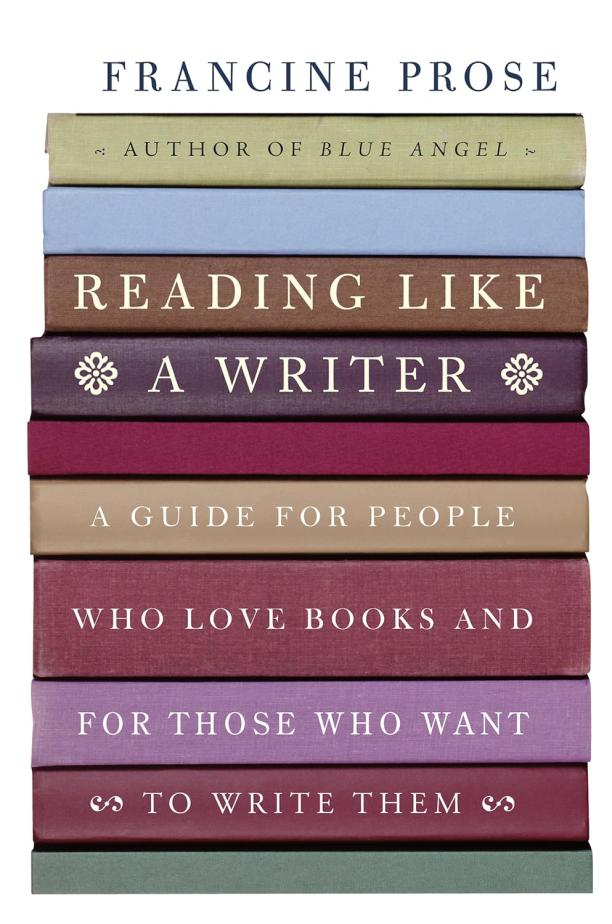
Reading Like a Writer
A Guide for People Who Love Books and for Those Who Want to Write Them (P.S.)
Francine Prose
The book is a practical guide for improving writing skills by closely examining the works of great authors, focusing on the importance of reading meticulously to understand the nuances of language, style, and narrative techniques. It encourages readers to dissect and appreciate the finer points of literature, from word choice to sentence structure, to enhance their own writing craft.
See full summary